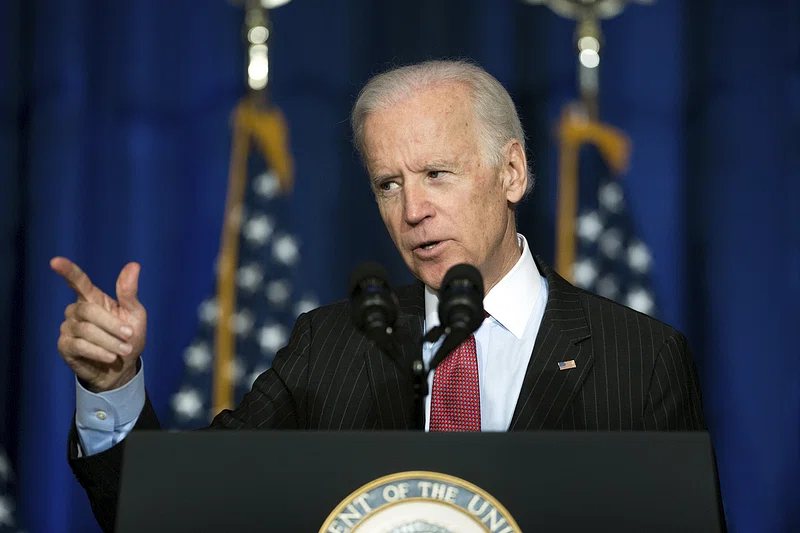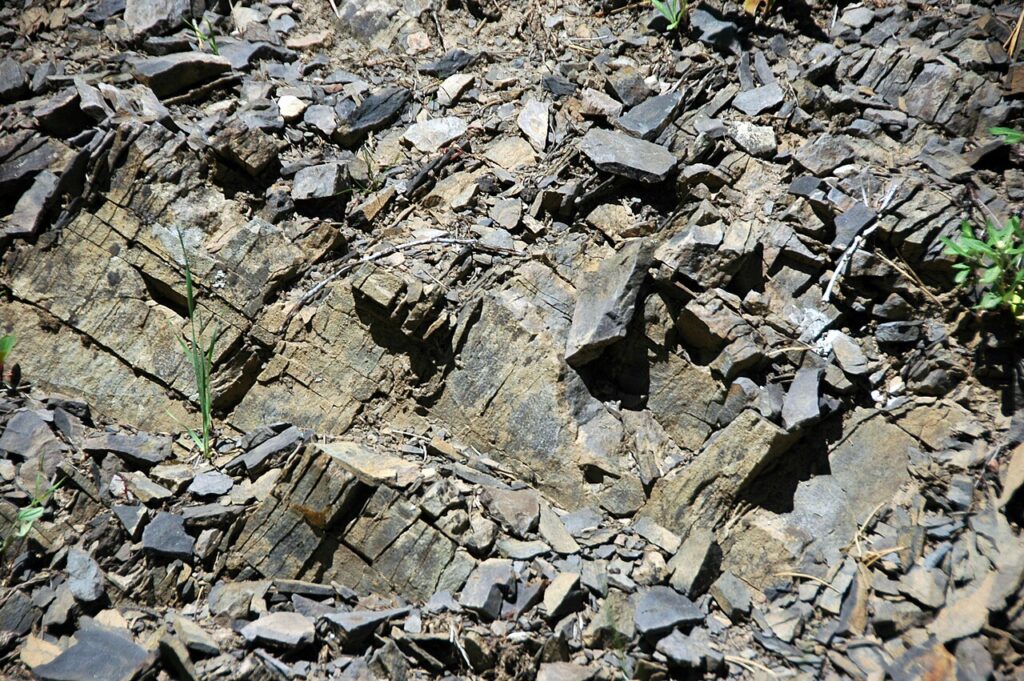The Biden administration has sparked surprise and mockery on social media with a White House document revealing their consideration of studying methods to block the sun’s rays in an effort to slow climate change. The proposed geoengineering methods under consideration are “stratospheric aerosol injection (SAI) and marine cloud brightening.” The White House emphasized that there are currently no plans to establish a comprehensive research program focused on solar radiation modification (SRM).a
The report acknowledged the potential risks and benefits of SRM as a component of climate policy and emphasized the need for research to make better-informed decisions. Solar radiation modification offers the possibility of cooling the planet significantly within a few years. The concept of blocking sunlight has divided experts, with some considering it a last line of defense against runaway warming if greenhouse gas emission reduction efforts fail.
However, others warn of potential negative consequences, such as disruption of weather patterns, impacts on food supplies, and abrupt temperature increases if SRM is halted. The White House’s willingness to discuss solar radiation modification is seen as remarkable, as it opens up a controversial and audacious plan to address global warming. The report was required by Congress and coincided with European Union leaders opening the door to international discussions on solar radiation modification. The document explores various methods to limit sunlight, including increasing aerosols in the stratosphere, increasing cloud cover over oceans, and reducing high-flying cirrus clouds.
Each method has potential drawbacks, such as severe ramifications for weather patterns, food supplies, biodiversity, geopolitics, and health if they backfire.
The Biden administration acknowledged the potential consequences but emphasized the need to compare them with the dangers of a hotter planet. The report underlines the importance of understanding the impacts of climate change and exploring SRM as a possible means to address the human hardships associated with it. The White House called for appropriate international cooperation in any potential research on solar radiation modification. The European Union expressed support for international efforts to assess the risks and uncertainties of climate interventions, including solar radiation modification. Critics argue that geoengineering should be approached cautiously to avoid the politicization seen with climate change and to ensure well-governed research. While some scientists view solar radiation modification as a last resort against climate change, others caution against its potentially catastrophic consequences.
Similar Post
The Biden administration’s commitment to climate policy represents an evident shift compared to the previous administration. The White House report presents climate-driven effects on natural ecosystems and human well-being. The report recognizes the need to address the impacts of climate change and explore innovative approaches like solar radiation modification. The potential deployment of SRM should be accompanied by thorough research and an understanding of its risks, benefits, and potential societal implications. Solar radiation modification, if used, would not address other critical environmental issues such as air pollution from fossil fuels or ocean acidification. The debate surrounding solar radiation modification reflects the ongoing search for effective and ethical solutions to combat climate change while minimizing unintended consequences.


















